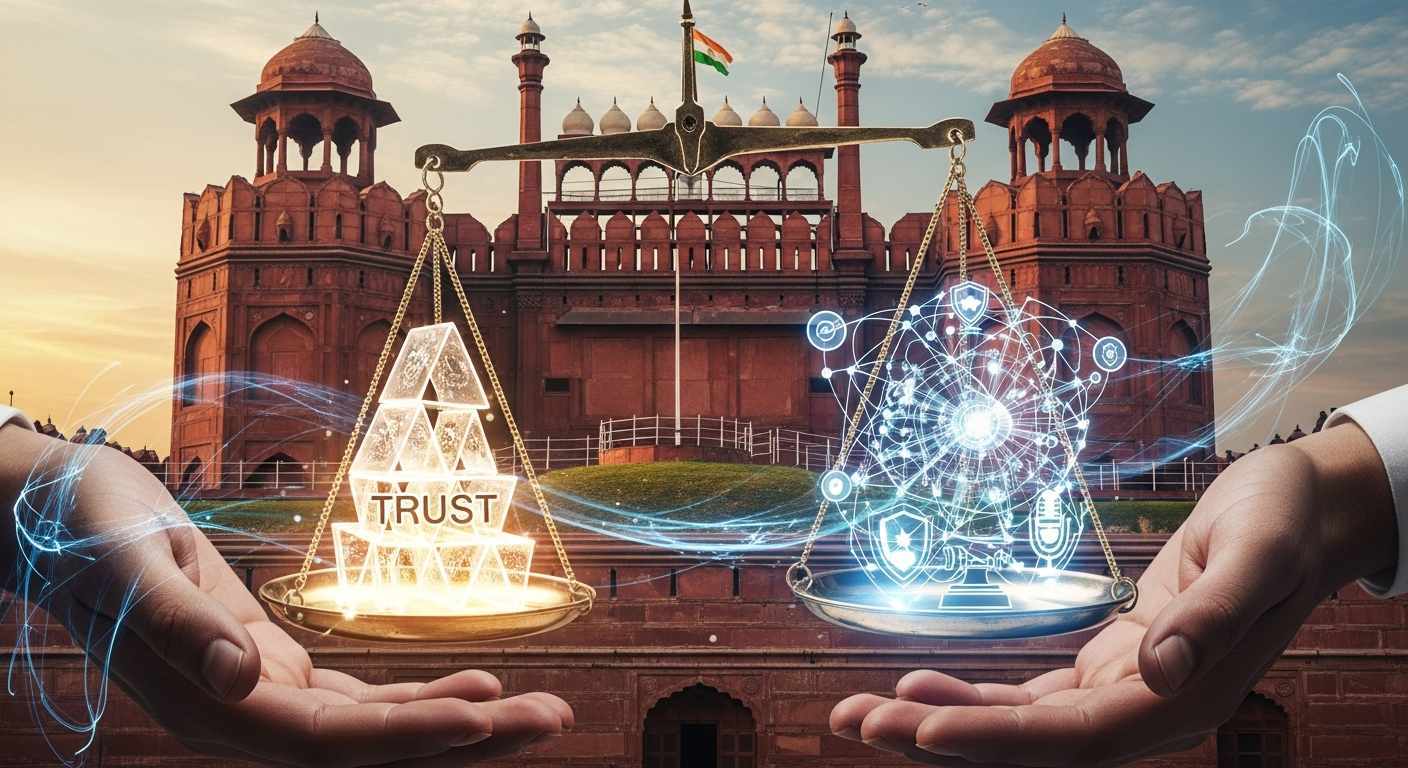
The recent blast near the Red Fort in Delhi, claiming multiple lives and causing injuries, has once again brought to the forefront crucial questions of public safety and accountability. My thoughts are with those affected by this tragic event. The immediate aftermath saw the opposition calling for the resignation of Home Minister Amit Shah, a demand swiftly countered by the BJP, as reported by ThePrint Delhi blast LIVE | NIA takes over probe, Faridabad cops question more Al-Falah doctors. While the Home Ministry has promptly handed over the probe to the NIA, and Prime Minister Narendra Modi and Minister Rajnath Singh have assured that the conspirators will be brought to justice, these incidents compel us to look deeper into the structures of accountability in our governance.
This incident, and the political responses, remind me of a critical point I've often emphasized: true accountability extends beyond immediate reactions and political rhetoric. It requires a consistent and unwavering commitment to ethical governance and the integrity of our democratic processes. I recall the significant moment when Election Commissioner Ashok Lavasa, before his tenure as Vice-President at the Asian Development Bank, bravely dissented from the Election Commission’s decisions to clear Prime Minister Narendra Modi and then BJP president Amit Shah of charges related to Model Code of Conduct violations during the 2019 general elections Election Commissioner Ashok Lavasa who opposed clean chit to Modi-Shah during LS polls set to join ADB. His stance underscored the paramount importance of impartiality and accountability at the highest levels of public life.
Reflecting on this today, I feel a sense of validation, but also a renewed urgency to revisit earlier ideas I put forth. Years ago, in 2014, when similar issues of conduct arose, I had explicitly called upon the Election Commission to take stringent action against political figures, including Amit Shah, Azam Khan, Ajit Singh, Mulayam Singh, Abu Aazmi, Masood Imran, Suresh Rana, Kadir Rana, Saeed-uz-Zama, RajKumar Thukral, and Sharad Pawar, for inflammatory speeches and violations of the Model Code of Conduct Please Don't Stop. My contention then, as it is now, was that mere warnings are insufficient; there must be decisive penalties to ensure accountability and prevent future transgressions that undermine public trust and security. I had even predicted that unless strong measures were taken, these challenges would persist.
My numerous calls for comprehensive electoral reforms, encapsulated in blogs like "Poll Reforms: Time for a Consensus" Poll Reforms : Time for a Consensus and discussions on ensuring fairness through directives like the ECI’s mandate on transferring officials No exceptions, all stem from this fundamental belief. These seemingly disparate issues are, in fact, interconnected threads in the fabric of good governance. An incident like the Delhi blast, while a direct security concern, highlights the broader need for a system where accountability is not just a reactive measure but an ingrained principle. It's about building robust institutions and upholding democratic values consistently, ensuring that every citizen feels secure and confident in the system that governs them.
Regards,
Hemen Parekh
Of course, if you wish, you can debate this topic with my Virtual Avatar at : hemenparekh.ai






No comments:
Post a Comment